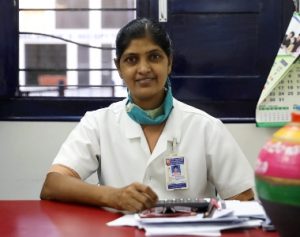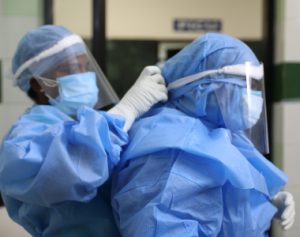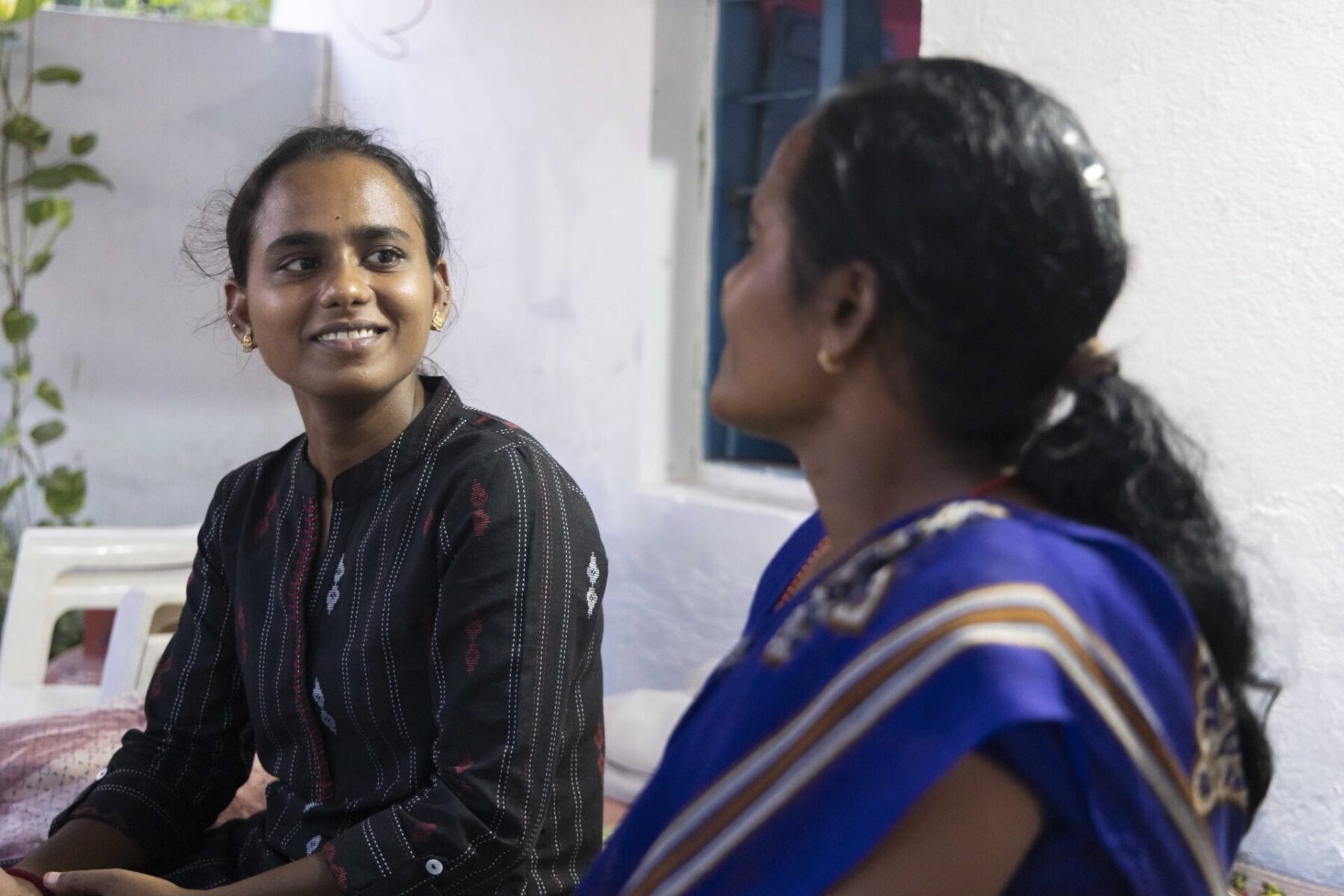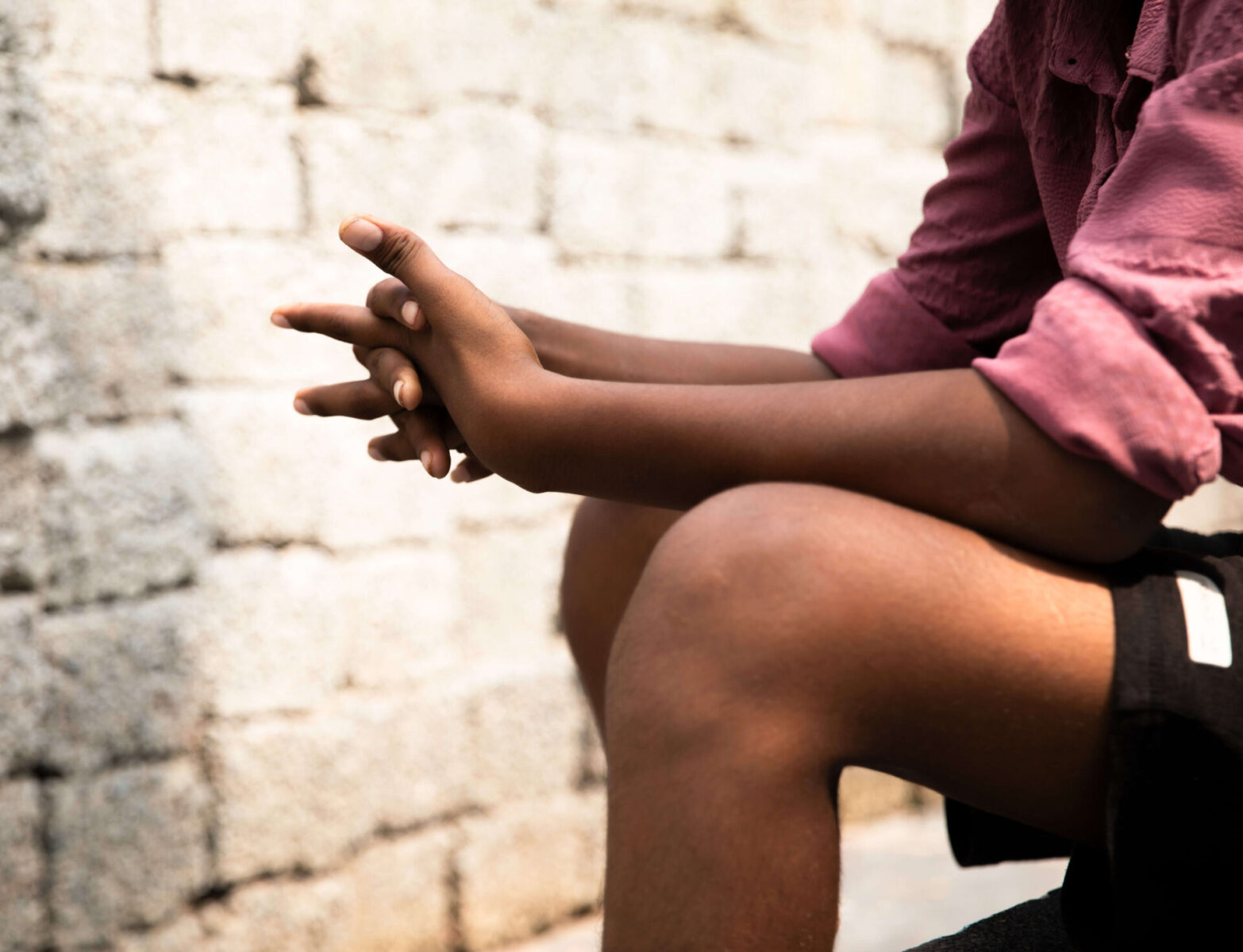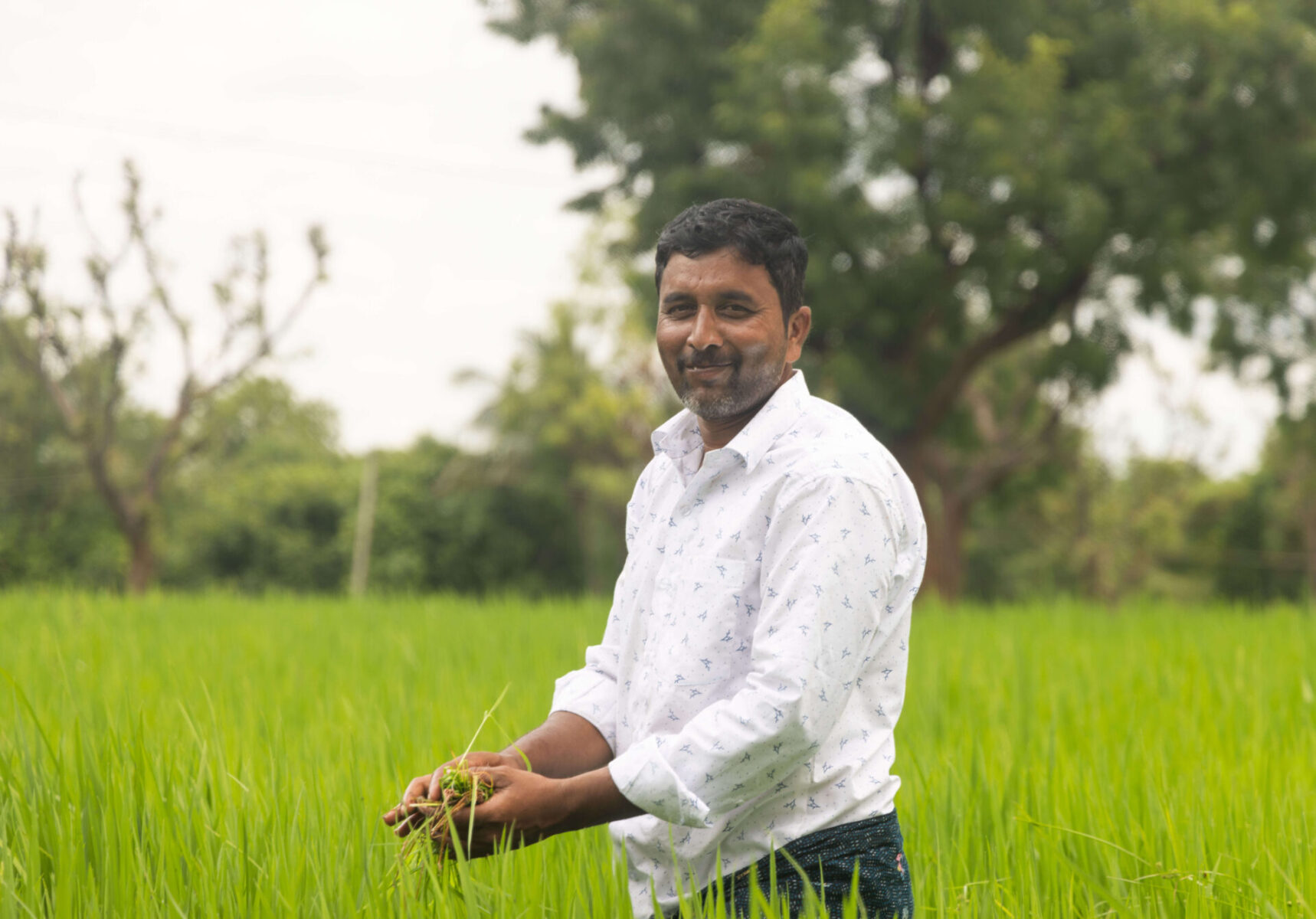By Sister Shaanti Kumary
Days after the outbreak of the coronavirus in India, when RDT Hospital in Bathalapalli was appointed as an exclusive COVID-19 Hospital on 16th April 2020, many of our healthcare staff were scared because at that point there was widespread news of people dying all over the world.
Many resigned immediately including around 130 nurses. The Executive Director instructed us to speak to the staff and identify people who were willing and those not willing to work. For those who were not willing, we were asked to motivate them in different ways.
We held awareness sessions to try to encourage them and promised to offer support in every way we could. Finally some decided to leave and some decided to stay. In some cases, even though the nurses and staff wanted to continue to work, their families strictly prohibited them because of which some nurses resigned – even though they understood the need of the hour.
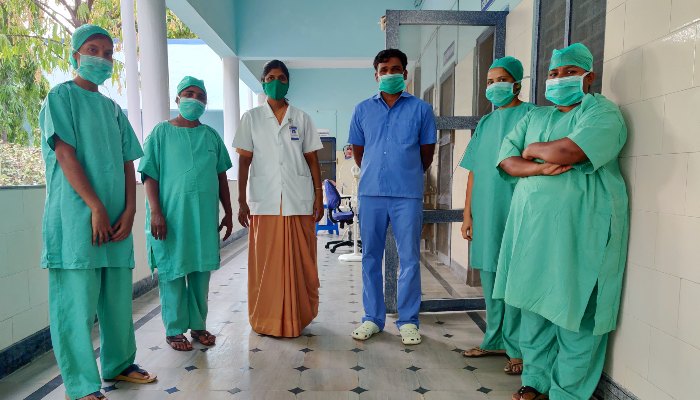
Working day after day at the COVID-19 Hospital eased the fears of the staff. Many nurses didn’t visit their homes for months together and were living separately away from their families to perform their duty – a choice that caused turmoil for many. The families of some nurses were threatened with eviction by the landlords. Neighbours and shopkeepers refused to engage with them. In spite of going through this all they didn’t give up and continually fulfilled their duties.
Due to the efforts of all the medical and non-medical staff working at our hospital, we treated over 6,800 patients during the first wave of this pandemic. In October 2020, as the COVID-19 cases decreased, the hospital decided to restart all departments.
During this time, in anticipation of the second wave, the hospital staff started preparing based on the learnings from the first wave. Along with infrastructural additions, trainings were conducted to ensure that the medical staff get ready for what is to come.
On 19th April, 2021, RDT Bathalapalli Hospital was reappointed as an exclusive COVID-19 Healthcare Centre. The situation now is drastically different from the first wave. While in the first wave we treated patients who were asymptomatic, with mild as well as severe symptoms, the severity of this second wave has compelled us to treat patients who are in grave distress and dire need of oxygen.
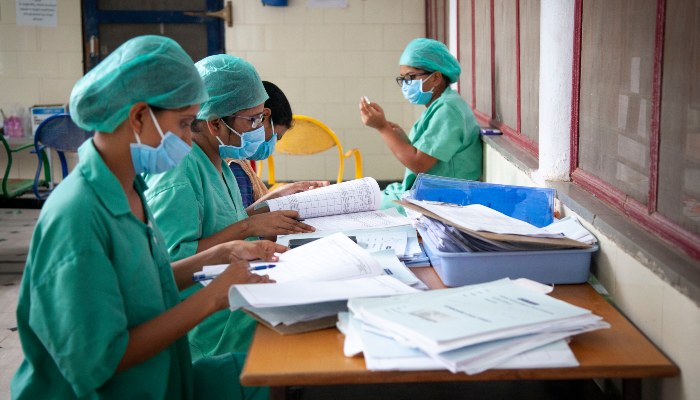
Now the staff, especially nurses who spend the most time with patients, are not afraid of the coronavirus but the situation is gruelling. Nurses have to stay for longer periods in PPE kits as compared to last year and during the summer, it gets exhausting. Nurses have to feed the patients and help them relieve themselves.
Due to the distress in breathing and a feeling of helplessness patients tend to get irritable. They are fearful, feel hopeless and so are in emotional and mental turmoil. The nurses talk to them and lend emotional support to ease their loneliness as a disturbed mental state affects recovery.
Many young patients come to the hospital when the damage is severely done to the point of no return. We are losing patients in their 20s and 30s. The helplessness and frustration of seeing young patients lose their lives in front of us and not being able to do much is agonizing. The environment we are working in right now is laden with suffering, uncertainty and even, death. It is what we witness every day.
As part of the training earlier, we conducted yoga classes and counselling sessions for nurses so they can handle the stress of working during the second wave. The nurses are happy to provide their services and be on duty to save lives but this situation is certainly distressing to them.
Like any other profession, nursing is a profession that comes with its own challenges but our value is undermined. Nurses play a crucial role in contributing to and leading initiatives to promote well-being, prevent and treat disease, and support patients and families in caregiving.
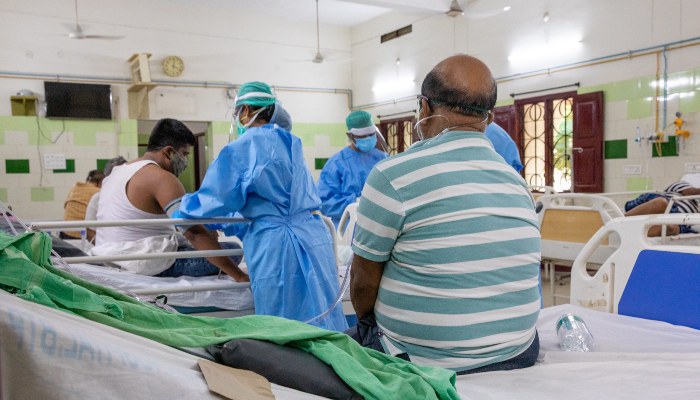
Overall, India has 3.07 million registered nursing personnel, which accounts to 1.7 nurses per 1,000 people. The burden of work is enormous, not forgetting the fact that it is a gendered profession, with women taking up the profession in much higher numbers than men. This is in addition to all the caregiving and domestic tasks that they have to do in their families and homes.
As we work on the global mission to achieve the Sustainable Development Goals (SDGs), we cannot ignore the contribution of medical professionals, especially nurses in bridging gaps in healthcare and so, reducing poverty and inequalities.
The pandemic has laid bare the gaping holes in our healthcare infrastructure in reaching out to the most vulnerable population all over the world. While the world stays in, it is the medical workers who are at the centre of this fight where it is most strenuous. This is especially true for nurses who spend the longest hours with patients to serve them.
As we tackle this devastating resurgence in COVID-19 cases, let’s take a moment to think of those who are putting their lives on line to save others’. We don’t need applause but acknowledgement and respect for our services definitely will go a long way.
About the author:
